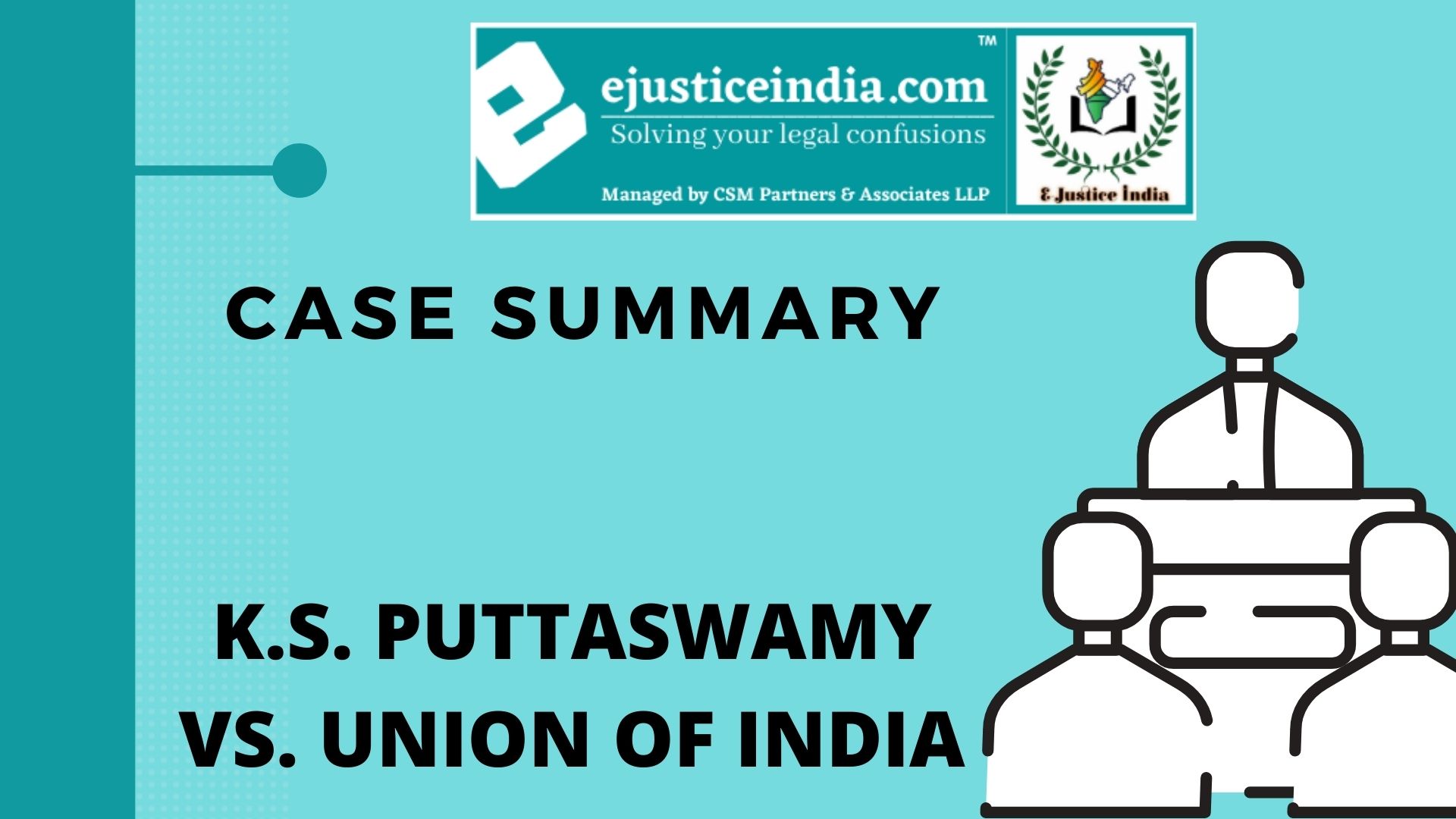Case Summary: Bhikari vs. State Of Uttar Pradesh
Author: Mayank Raj
Case – Bhikari vs. State Of Uttar Pradesh.
Citation – 1966 AIR, 1 1965 SCR (3) 194.
Bench – J.R.Mudholkar, K.N.Wanchoo, S.M.Sikri.
Introduction –
The appealing party who murdered a youngster in a merciless way and harmed others was attempted and sentenced under section 302 IPC and his intrigue under the steady gaze of the High Court failed. In announcement at the preliminary, he did not explicitly argue madness however in both the courts the plea that being crazy he could not be credited with the aim essential for the offense asserted was raised on his benefit. advance, by unique leave, before the Supreme Court, it was encouraged his benefit that in spite of the arrangements of section 105 Indian Evidence Act the weight of demonstrating that the denounced had the essential goal and subsequently of demonstrating that he was not crazy was on the indictment.
Section 302 of IPC state that whoever commits murder shall be punished with death, or imprisonment for life, and shall be liable to fine.
Section 105 of Evidence act state that When a person is accused of any offence, the burden of proving the existence of circumstances bringing the case within any of the General Exceptions in the Indian Penal Code, (45 of 1860), or within any special exception or proviso contained in any other part of the same Code, or in any law defining the offence, is upon him, and the Court shall presume the absence of such circumstances.
Facts –
The fact of the case is that the appellant and Mangali had a fight with each other because of appellant graze the cattle over Mangalis filed and damaging his crops. Moreover, the appellant threatened Mangali that he would kill the latter is family. On 25-02-1957 around 3:00 PM, Mangali son Babu Ram his aged about 7 or 8 years, daughter of Mangali brother Ram Ratia aged about 2 years, Punna son of Baijnath sibling of Mangali and Dulli and little girl of one Ladda Kewat, matured around 10 or 11 years and some other youngsters were playing in the near the hut of Hiralal. The appellant rushed at the children’s armed sickle. Firstly, the appellant struck a blow on Babu Ram who fled away and started crying, one daughter Lachhminia daughter of Mangalis were died due to the appellant ripped open the children’s chest with the stickle. Ram Ratia and Punna also were struck blows by the appellant. Hiralal who was sleeping in the hut and listen to the cries of the children and saw the scene and rush out to save them. Hiralal was the brother of the appellant. The Appellant also struck blows on the Hiralal also. After hearing the cries of children number of villagers rushed to the spot and the appellant were escaped from there and started running towards the holy river the Ganga which the distance about 75 paces from the place of incident and jumped into the water and swam to the other shore and absconded. On 11-10-1957, proceedings started under section 87, and 88 of IPC of Code of Criminal Procedure were started against him. On 1-02-1963 appellant was arrested and sent up for trial. Mr.Varma who appears for the appellant and told the court the appellant was a person of unsound mind and that he was not in a position to know or realize the nature of the acts D), 2SCI-16 that he was committing. Moreover, learned counsel argued in the court that there is a mens rea as an essential integrant of all the offense with which the appellant was charged his conviction as for any of them can’t be supported for the basic explanation that no goal to cause demise or to cause any injury in the case of bringing about death or not might be ascribed to an individual who, when he submitted the demonstrations, was crazy. Comparable contentions seem to have been tended to under the watchful eye of the Sessions Judge, just as the High Court, despite the fact that in his assessment under section 342 of the Code of Criminal Procedure the appellant did not plead the defense of insanity
Issues of the case –
- Whether the mens rea is available for the crime.
- Whether the appellants get relief for the incense of mind under section 84 of IPC.
- Whether Section 105 of the Evidence Act places upon the accused person the burden of proving the exception upon which he relies.
Judgment –
The Judgment of the case and the conclusion arrived at by court that the case of the appellant had some motive in this. The appellant exception created by section 84 of the Indian Penal Code. In addition, dismiss the appeal and affirm the conviction and sentences passed on the appellant in respect of each of the three offenses for which he was found guilty by the learned Sessions Judge.
The appeal was dismissed in the Court.


